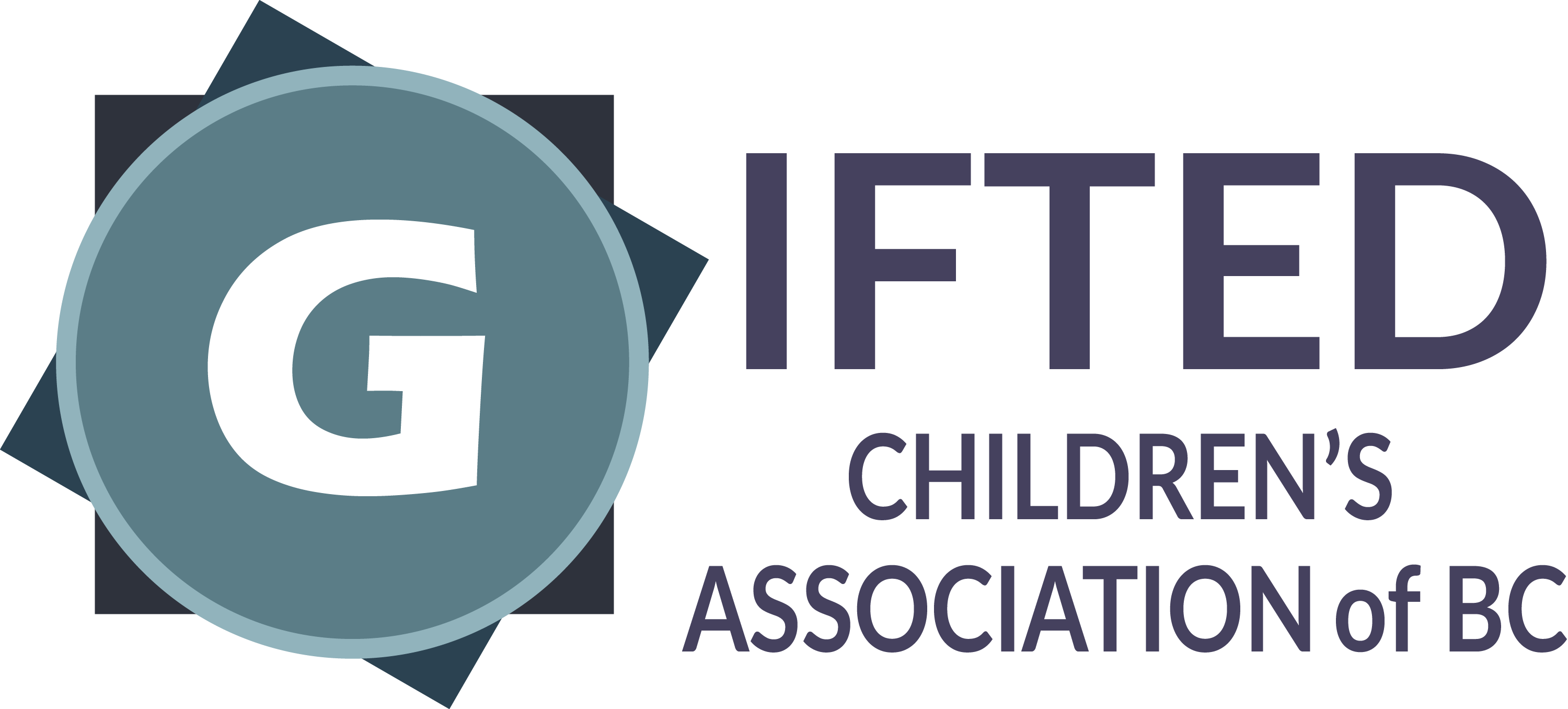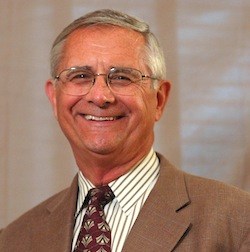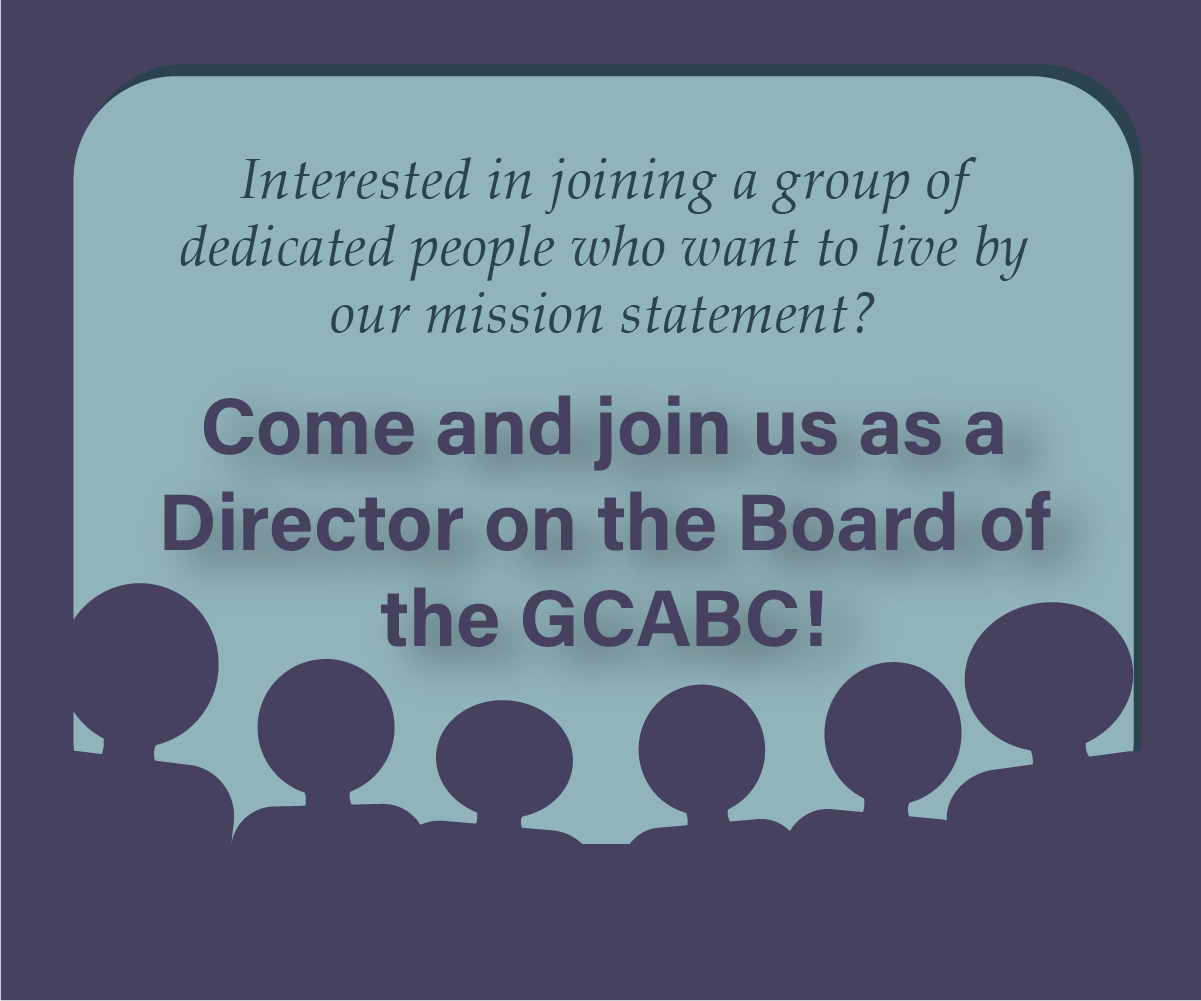July 24-28, 2019 – Nashville TN
Opened by Dr. Lannie Kanevsky, Personalizing Learning: Power, Preparation & Possibilities
Attended by Maureen McDermid and Malvina Pradana, GCABC Board of Directors
The 23rd Biennial WCGTC World Conference 2019 is a meeting of the organization “World Council for Gifted and Talented Children (WCGTC)” which takes place every other year. This time, it took place in Nashville, Tennessee.
Dr. Kanevsky of SFU opened the 3-day conference with a very well-received talk about her work for several decades on understanding the individual as the key to designing learning experiences. She spoke about the innovative new BC Curriculum and its 21st Century focus on preparing our students for a world of work that we cannot predict given the rapid pace of change and unpredictability. School today needs to prepare students for this environment, give students choices in what and how they learn, which requires us to leave the past practices of rote learning. Instead we need to focus on knowledge acquisition and refocus on preparing our students to be critical thinkers, problem recognizers and solvers, collaborators and competent users of technology. Her address set the stage for the conference and was referenced by many of the presenters over the three days of the conference.
Highlights:
- Twice exceptional learners were addressed by a large number of presenters from various perspectives; the role of parents, supporting teachers with strategies, developing common understanding of the term and the complexity of these learners.
- A number of sessions were devoted to self-regulation and mindfulness as key issues for gifted learners. Several excellent sessions were devoted to programming with an emphasis on creativity, critical thinking and the need for choice for gifted students in the ways they represent their learning. Some valuable 21st century competencies included creativity, persuasive ability, collaboration, adaptability and time management.
- The presentation by speakers from many different countries revealed the commonalities across cultures about perceptions and beliefs about giftedness, the challenges of anxiety and depression in gifted students, underrepresentation of the gifted population in programming, acceleration policies, and the challenges faced by parents in advocating for their children.
- One of the several keynotes over the three days was a retrospective presented by Dr. Camilla Benbow. Her presentation focused on the Long-Term Impacts which have emerged through 45 years of research. Are we improving our identification and response to the learning needs of these individuals? Identification has progressed, and the work being done by neurologists on the neurobiology of the brain promises to give us even more insights into high potential. However, the responses to nurture these individuals are still often sporadic, influenced by political agendas and poorly supported.
Emerging International Themes:
Teacher Education – Teacher preparation needs additional emphasis on gifted individuals and continuing support post certification.
Evolving Social Emotional Needs – The social emotional needs of gifted learners have become more acute and therefore require more attention. Many speakers referenced Dabrowski’s Excitabilities with respect to the complex social emotional needs of high ability learners (despite that there is limited scientific evidence for this theory).
Better Identification – Identification tools that are readily available to schools need improvement and a move away from achievement testing as the sole identifier of high potential learners. More sophisticated tools and combinations of existing tools present a clearer picture are being investigated.
Misdiagnosis – Misdiagnosis of gifted students as anything but gifted continues to escalate due to presenting behaviours caused by boredom and/or unsuitable environments. As a result, children develop anxiety, depression and lack of motivation.
Underachievement – Several speakers discussed gifted children’s underachievement, its causes, and strategies to address this issue.
Acceleration – Acceleration options continue to be widely recognized as the most effective support for gifted learners and is still viewed with scepticism by policy and decision-makers. This effective strategy for supporting high potential learners is accepted or denied largely on the basis of political decisions rather than educational ones.
Other keynotes discussed talent development and the potential paths to eminence, influence of a mentoring program on gifted students’ social, emotional and academic development.
The GCABC board wants to thank Maureen McDermid and Malvina Pradana for investing time and funds in attending this meeting. Their networking and experience from the meeting will be used to set the event agenda for 2020-2021.




